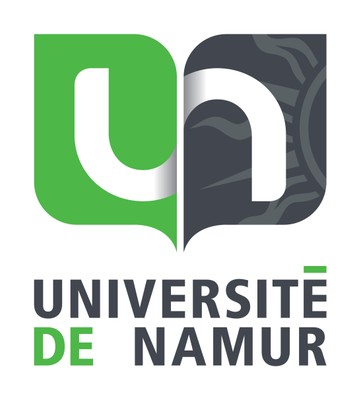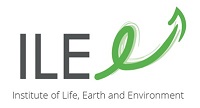Fish Physiology in support of Sustainable Aquaculture
6-9 JULY 2026 - University of Namur - Belgium
SAVE THE DATE!
The comprehensive understanding of fish physiology is essential for the advancement of a sustainable aquaculture. This discipline analyses the fundamental biological functions of farmed species, encompassing the respiratory, digestive, immune and reproductive systems, in addition to physiological responses to environmental stress.
Studying physiological parameters such as temperature tolerance, optimal salinity and dissolved oxygen requirements, helps to optimise rearing conditions, thereby reducing morbidity, mortality and economic losses. Moreover, the extensive knowledge of energy and nutrient metabolism is instrumental in formulating more efficient diets, adapted to the developmental stages of fish, while concurrently limiting nitrogen and phosphorus discharges into aquatic ecosystems.
Physiology also plays a pivotal role in the health management of fish farms. The analysis of immune mechanisms has enabled the development of prophylactic strategies as alternatives to antibiotic treatments, such as the use of probiotics, targeted vaccination or the genetic selection of individuals with better resistance to pathogens.
In the context of reproduction, the regulation of hormonal cycles and the factors that trigger reproduction in captivity is imperative to ensure the controlled production of fry, thereby minimising the need for fish to be captured from the wild and contributing to the preservation of biodiversity.
Finally, the assessment of physiological responses to stress, induced in particular by handling, rearing density or transport, can enhance animal welfare with direct impacts on growth, product quality and the sustainability of aquaculture systems.
In summary, integrating scientific knowledge/findings (pertaining to) on fish physiology into aquaculture practices can be regarded as a strategic lever for resolving the tensions between husbandry performance, environmental sustainability and animal ethics in contemporary aquaculture.
During this international conference “Fish Physiology in Support to a Sustainable Aquaculture” we will emphasise recent achievements as well as constraints of research conducted in the domain of fish physiology. The overarching goal is to enhance the conditions for aquaculture farming and to ensure the sustainable development of aquaculture. A significant number of the world's leading scientific experts will convene in Namur, Belgium, to share their knowledge and latest discoveries in the field, which has been steadily growing for several decades.
Conference Chairperson
Prof. Patrick KESTEMONT (University of Namur, Belgium)
Contact: fishphysaqua@unamur.be


